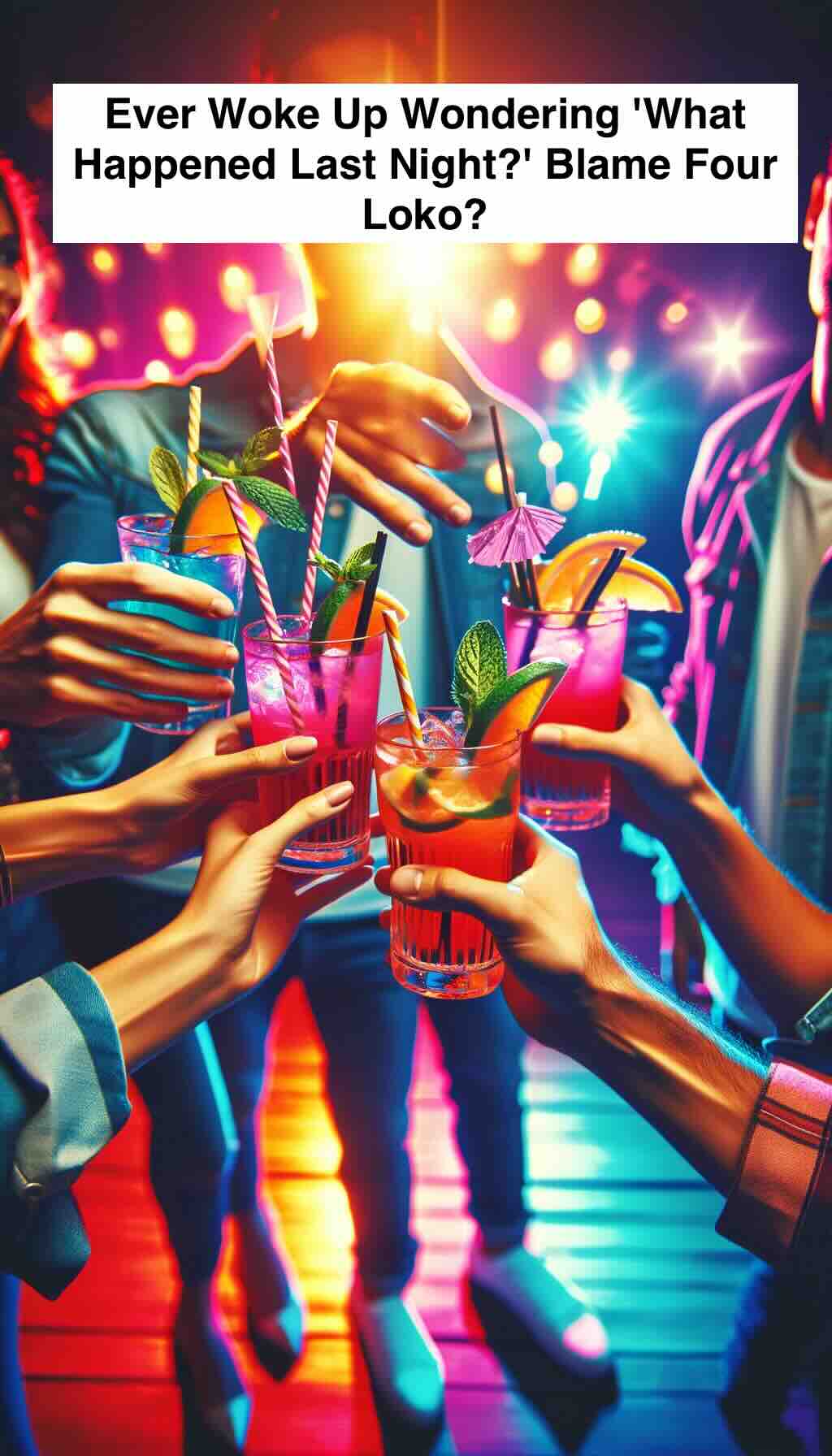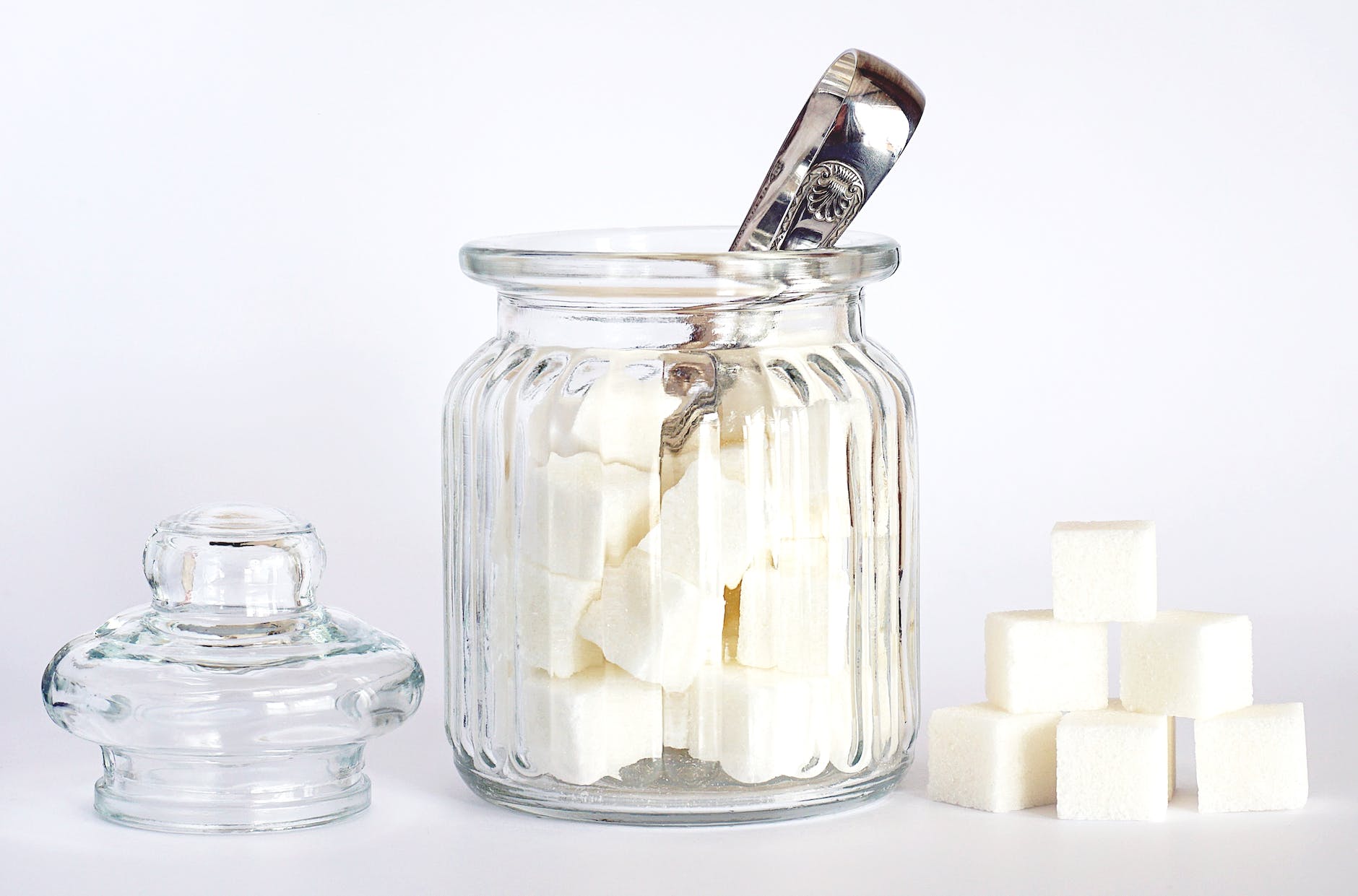
In the annals of beverage history, few tales are as intoxicatingly colorful as that of Four Loko, the once-caffeinated alcoholic juggernaut that stormed college campuses and sparked nationwide debates. This post takes you through the whirlwind history of Four Loko, dissecting its rise, fall, and the phoenix-like rebirth of a beverage that forever altered the landscape of party drinks.
The Birth of a Behemoth
Imagine a drink that encapsulates the essence of boundless energy and unabashed party spirit. That was Four Loko, conceived in the mid-2000s by three Ohio State University alumni. Their mission was simple yet audacious: to create a drink that combined the kick of caffeine with the buzz of alcohol. And thus, Four Loko was born, a concoction that promised not just a good time but an unforgettable adventure.
The Rise to Notoriety
Four Loko quickly became the stuff of legends. With its neon camouflage can, it wasn’t just a drink; it was a statement. Each sip was a ticket to an unparalleled experience, a blend of high-octane energy and euphoric highs. The original formula was a potent mix of alcohol, caffeine, taurine, and guarana, packing the punch of several beers and a coffee into one convenient can.
The Controversy Brews
But with great power comes great scrutiny. Four Loko’s meteoric rise caught the eye of regulators and concerned citizens alike. Reports of hospitalizations and blackouts began to surface, painting Four Loko as a public health menace. The drink’s ability to mask the effects of alcohol with caffeine led many to underestimate its potency, resulting in dangerous levels of consumption.
The Fall from Grace
The backlash was swift. By 2010, the Food and Drug Administration (FDA) had stepped in, questioning the safety of caffeinated alcoholic beverages. States began to ban the sale of Four Loko, and universities outlawed it on campuses. The pressure mounted until Four Loko’s creators made a pivotal decision: they removed the caffeine, taurine, and guarana, stripping Four Loko of its signature edge.
A New Chapter
Yet, the story didn’t end there. Four Loko adapted, evolving beyond its original formula. The brand expanded its offerings, experimenting with flavors and even venturing into hard seltzers and pre-mixed shots. Despite the controversies, Four Loko remained a symbol of rebellion and a testament to innovation in the beverage industry.
The Legacy Lives On
Today, Four Loko’s legacy is a mixed cocktail of admiration, caution, and nostalgia. It’s a reminder of the nights that turned into mornings and the stories that became legends. Four Loko’s journey from a college dorm idea to a national headline is a testament to the power of branding, the impact of regulatory scrutiny, and the ever-changing tastes of consumers.
The Takeaway
Four Loko’s saga offers several lessons. It’s a cautionary tale about the importance of responsible consumption and the unpredictable consequences of mixing stimulants and depressants. But it’s also a story of resilience, of a brand that refused to fade into obscurity, continually reinventing itself in the face of adversity.
As we reflect on Four Loko’s tumultuous history, we’re reminded of the ever-evolving nature of party culture and the drinks that fuel it. Four Loko may no longer be the “blackout in a can” that it once was, but its spirit endures, a neon-clad phoenix reminding us of the wild nights and the unbreakable bonds formed in the glow of its colorful cans.
So, here’s to Four Loko: a beverage that wasn’t just consumed, but experienced. Whether you remember it with fondness or a hint of caution, there’s no denying the impact it had on a generation of partygoers. As we navigate the future of nightlife and beverages, let’s carry forward the lessons learned from Four Loko’s rollercoaster ride through history.
FAQs on Ever Woke Up Wondering ‘What Happened Last Night?’ Blame Four Loko?
1. What exactly was the original Four Loko?
The original Four Loko was an alcoholic beverage that combined caffeine, taurine, guarana, and alcohol, earning it the nickname “blackout in a can.”
2. Why did Four Loko gain such notoriety?
It gained notoriety due to its potent combination of stimulants and alcohol, which led to widespread reports of blackouts and hospitalizations among its consumers, mostly college students.
3. What led to the reformulation of Four Loko?
Facing pressure from regulators and the public over health concerns, Four Loko’s creators removed caffeine, taurine, and guarana from the drink in 2010.
4. Is the current Four Loko still as potent as the original?
While it remains a high-alcohol content beverage, the current Four Loko lacks the caffeine, taurine, and guarana that made the original particularly potent.
5. Can you still buy the original Four Loko formula?
No, the original formula with stimulants was discontinued in 2010 and is no longer legally available for sale.
6. How has Four Loko adapted its product line since the ban?
Four Loko has diversified its product range, introducing new flavors, hard seltzers, and pre-mixed shots, though without the controversial caffeine content.
7. Were there any legal repercussions for the brand due to the original Four Loko?
The brand faced significant legal scrutiny and was required to change its formula, but it continues to operate, having adapted to regulatory requirements.
8. How do current consumers view Four Loko?
Views on Four Loko are mixed, with some nostalgic for its original formula’s wild nights and others appreciative of the brand’s evolution and new offerings.
9. Is Four Loko safe to drink now?
As with any alcoholic beverage, when consumed responsibly, the current Four Loko products are safe for adults over the legal drinking age.
10. What should new drinkers know before trying Four Loko?
New drinkers should be aware of its high alcohol content and consume it in moderation to avoid the adverse effects associated with heavy drinking.
Blog Tags for the Post
four loko, alcoholic beverages, party culture, responsible drinking, beverage history, caffeine and alcohol, drink reformulation, nightlife, college parties, beverage industry










